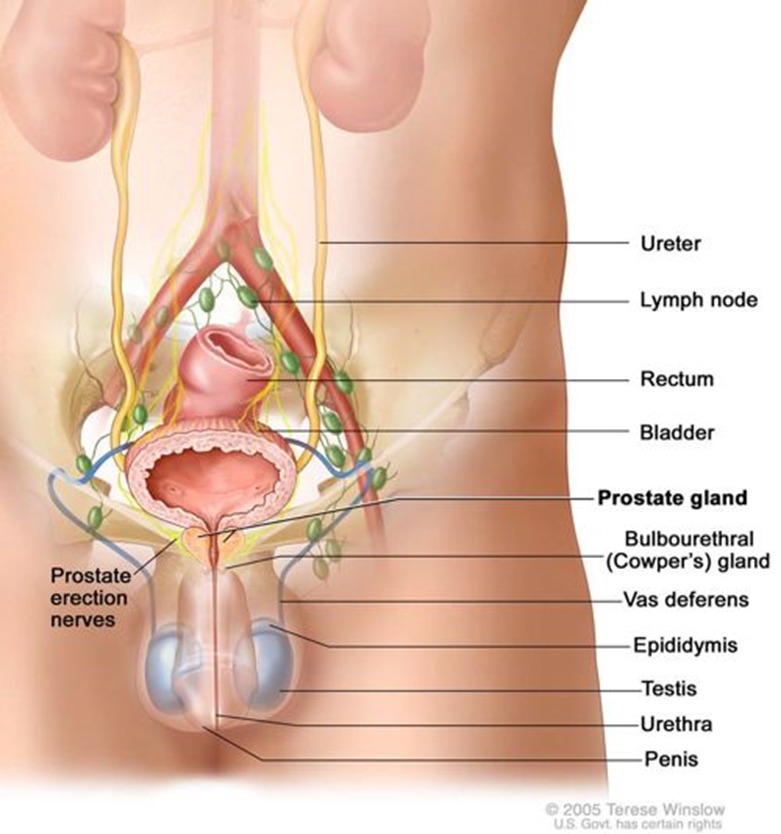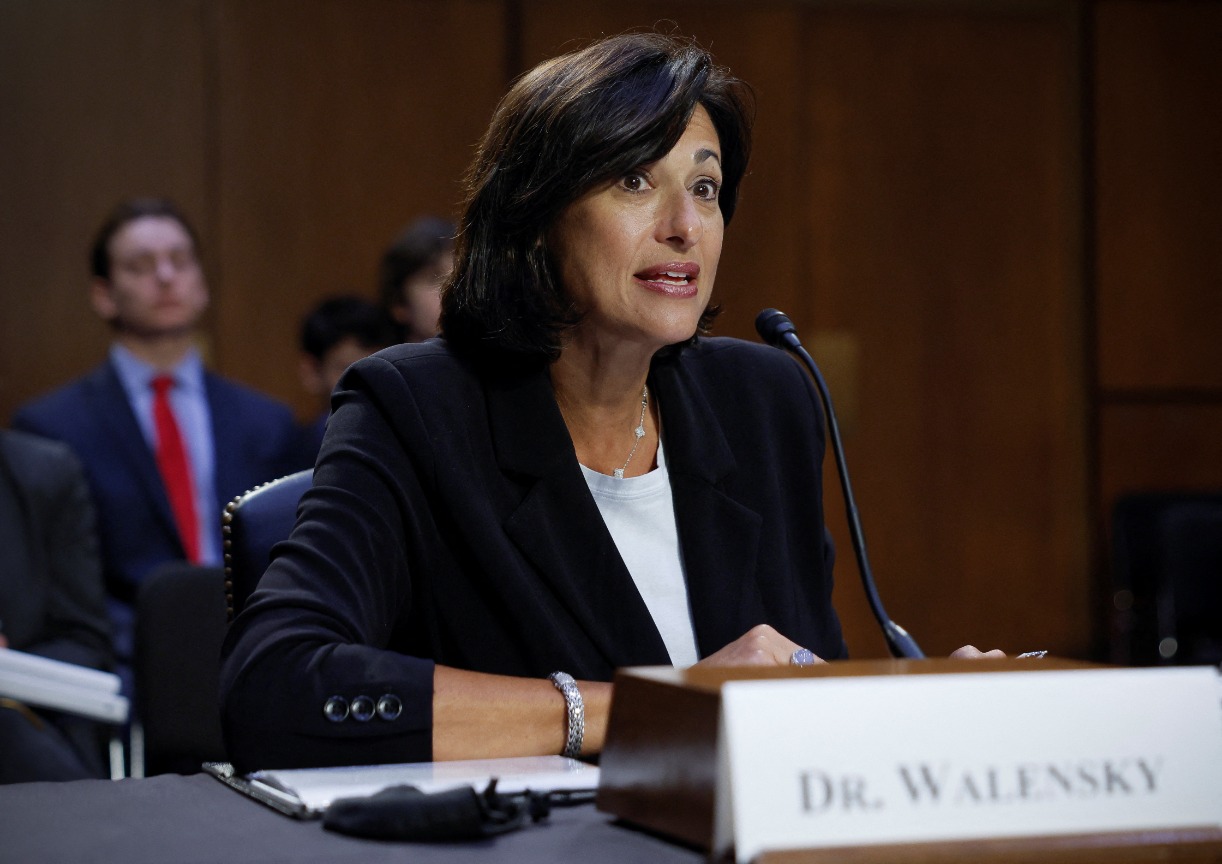The Pennsylvania Department of Health is raising the alarm about the high rate of a treatable sexually transmitted infection among pregnant women and women of childbearing age.
The rate of syphilis among women of childbearing age in Pennsylvania has reached the highest level since the early 1990s, rising to 211 in 2021, up from 29 in 2010.
This year, Pennsylvania has seen 12 cases of congenital syphilis, which is passed on to babies from their mothers. The figure, which doesn’t include Philadelphia, is the highest since 1990. It comes after some years when the state recorded no cases.
Two of the 2022 cases were stillbirths.
“We’ve seen a tremendous rise in rates of syphilis, especially congenital syphilis,” says Dr. Denise Johnson, Pennsylvania’s physician general.
Syphilis is a troubling disease not just because of the health effects it can cause, but because early symptoms are mild and similar to other illnesses, and go away on their own, making them easy to miss.
“It’s really hard to think about going to a doctor and getting treated if you don’t even know there’s anything going on,” says Dr. Sarah Horvath, an OB-GYN at Penn State Health Milton S. Hershey Medical Center.
For adults who miss the early signs, severe health consequences can show up years later.
And infected women who become pregnant can pass syphilis to their unborn child, causing problems ranging from miscarriage to premature birth to permanent ailments including blindness and deafness.
Syphilis is a sexually transmitted disease that went into a sharp decline after availability of antibiotics. Less than a decade ago, the United States was on a mission to eliminate the disease. But the effort was scrapped because of insufficient funding.
Experts attribute the rise to assorted factors, including: people who lack health insurance or don’t see a doctor because they can’t afford to take off from work; federal funding changes that have impacted free testing at Planned Parenthood locations; and people avoiding health care as the result of the COVID-19 pandemic.
Experts also believe drugs that can reduce the chances of getting HIV have led to a decrease in use of condoms, which can block transmission of syphilis.
In general, people who lack easy access to affordable health care are most vulnerable to syphilis, according to Casi Scully, a nurse practitioner and the associate medical director for Planned Parenthood Keystone. The sheer rise in cases means the chance of getting syphilis have increased, she noted.
The rise in syphilis cases coincides with increases in other sexually transmitted diseases including gonorrhea and chlamydia.
The good news is that syphilis can be easily detected through screening and, when caught early, cured with antibiotics.
The first or primary stage of syphilis typically involves a sore called a canker. The sore is painless and can appear at locations including the genitals or around the lips or in the mouth, sometimes in unseen locations. They typically go away on their own within three to six weeks.
“So as you can imagine, it’s quite easy to get through the primary stage of syphilis and never even notice that you were infected,” Horvath says.
People who don’t get treatment can move to the secondary stage, which involves a rash that usually appears on the palms or the soles of the feet along with flu-like symptoms.
Again, the secondary symptoms can go away on their own and be dismissed or attributed to other ailments.
In fact, experts stress it’s hard if not impossible for someone who isn’t a medical professional to diagnose syphilis.
A portion of people with untreated syphilis develop severe problems which can involve the blood vessels, the heart and the brain. These might not arise for decades.
Moreover, women with active or latent syphilis can pass it to their unborn child, resulting in congenital syphilis.
Possible consequences of congenital syphilis are serious and many: miscarriage, premature birth, stillbirth, death shortly after birth, and permanent problems such as deformed bones, blindness and deafness.
The state health department and national public health leaders are mounting a new effort to reverse the rise in syphilis, with a special focus on eliminating congenital syphilis cases.
Much of the effort focuses on urging pregnant women to get tested as soon as they learn they are pregnant, and again at 28 weeks and upon birth of the child.
When treated early, the worst harms of syphilis, including passing it to an unborn child, can be prevented.
The best way to protect against syphilis is to practice safe sex, including using latex condoms and not having sex with multiple partners.
While much of the attention is devoted to cases among women of childbearing age and the threat to unborn children, the majority of syphilis cases are found among men and result from men having sex with men, according to public health experts.
In the Harrisburg region, free testing is available at Hamilton Health at 110 S. 17th St. in Harrisburg. People can make an appointment by calling 717-232-9971.
People who test positive can get treatment through Hamilton Health with “no questions asked,” said Dr. Hubert Foka, an OB-GYN at Hamilton.
READ MORE:
As demand for winter shelter grows, advocates and homeless people point to tight housing market
Discovered on: 2022-12-28 10:09:00
Source: Syphilis makes comeback in Pa., poses grave threat to babies



